The Pros and Cons of Building vs. Buying a Home
Posted
on May 4, 2020
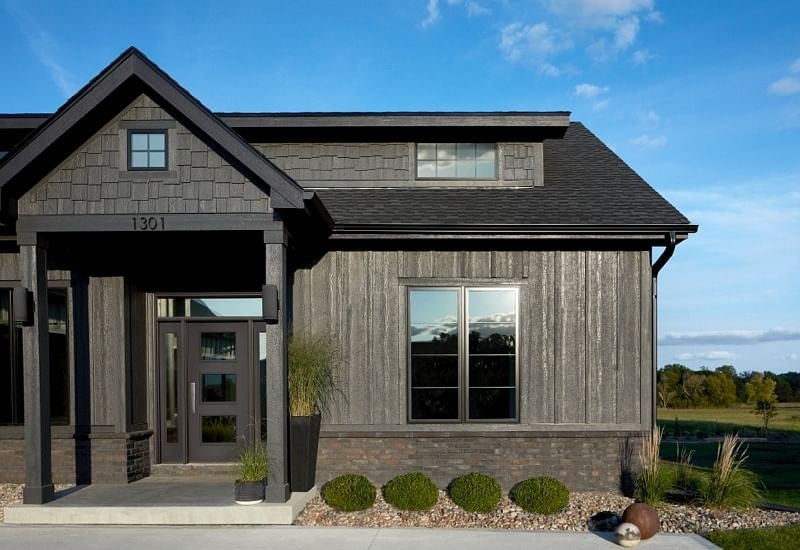
House hunting is a roller coaster of emotion. Excitement can be quickly followed by disappointment. Or the reverse. Months of a fruitless search can end in a flash when the right home hits the market.
For some house hunters, the right home only appears once they bring it into existence. For others, building a new home doesn’t even feel feasible. But the choice to build or buy a house is always there. Which option is the best for you depends on multiple factors.
Buying a New House
A new home is a big investment. So there’s a lot weighing on your decision. If you’re a first-time homebuyer, it can feel like a lot of pressure. If you don’t have a concrete list of must-haves and are willing to compromise, buying may be your best bet.
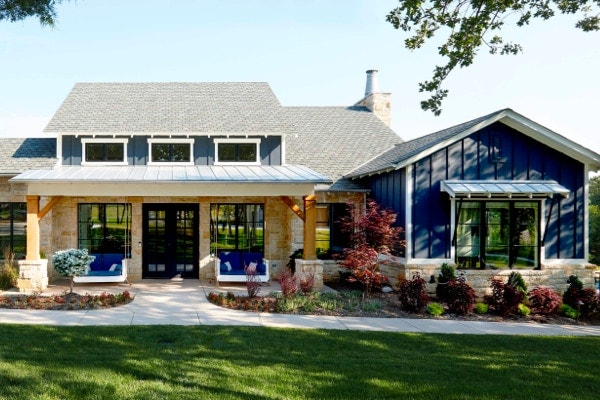
Benefits of Buying a Home
The biggest advantage of buying a home is that you get to the same end result — a new house — with less of nearly everything: stress, decision-making responsibilities, people in the process and budget overruns. All the work that goes into creating a home is already done, and that has multiple advantages:
- Shorter timeline – A new home build takes months. And there’s always a risk of it taking longer than expected. When you buy, you can negotiate the closing date and typically get into your new house within a month or two of your offer.
- Established lawn and landscaping – You might have different ideas for how you want the landscaping to look. But at least you don’t have to go through the trouble and expense of seeding, sodding and planting to make your yard look presentable.
- Room to negotiate – There’s a lot more wiggle room in home buying. And not just in the price. You can negotiate just about anything into your offer, including appliances, improvements, warranties — even the playset sitting in the backyard — to get more for your money.
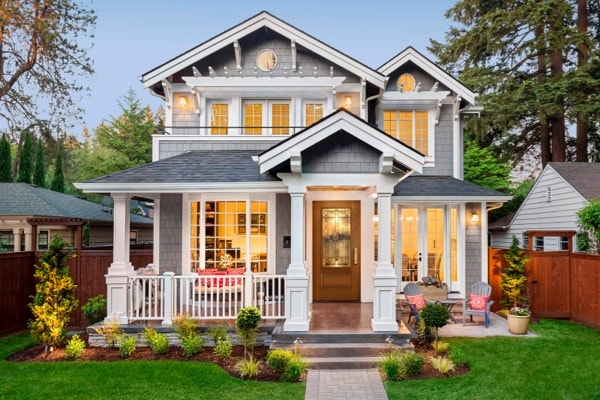
Cons of Buying an Old House
The biggest downside to any home with a previous owner, or even a new construction that’s already built, is that it’s not exactly what you want. You have to make some concessions either in the home itself or in negotiations with the seller. If you run into too many of these disadvantages, it can leave you with a bad case of buyer’s remorse:
- Old windows, appliances and more – When you buy a home, everything in it is closer to the end of its lifespan. Costs of maintenance, repair and replacement will creep up sooner than later.
- Higher energy costs – Those older home products, along with the settled structure of the house, combine to reduce energy efficiency. Until you make energy-efficient upgrades, you’ll spend more on your utility bills each month.
- Home improvement projects – The things you compromised on are the first things you want to fix. So instead of starting fresh, your new home comes with a list of upgrades.
Building a Custom Home
If you thought buying a new home was a tough decision, building one has hundreds more. From the style of windows to the colors of the exterior, you get to make all the decisions! But you also have to make all the decisions.
It’s both the biggest draw and biggest drawback to custom home building. There are plenty of other things to consider when building a house, too.
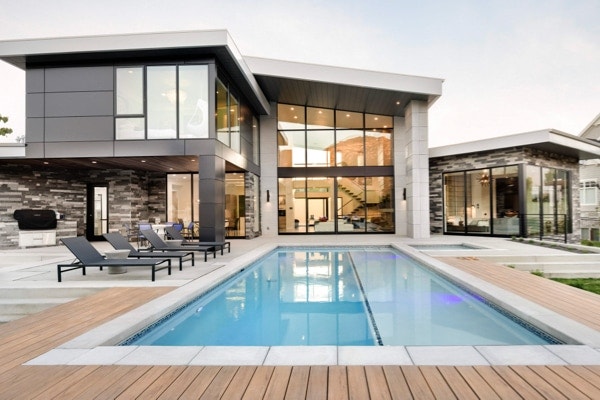
Benefits of Building a House
Customizing a new home can be a fulfilling experience. You get to style it to your tastes and select every feature throughout. So you can truly design the home of your dreams. Other advantages include:
- All the firsts – As the first owner of the home, you not only had a hand in selecting what’s in it, but you also benefit from those choices. Brand-new homes have upgrades and levels of energy efficiency that could take years to do in an older house. They also lack the health and safety hazards like lead paint, asbestos or outdated construction standards.
- No competition or conflict – The home buying process can be quite competitive. You have to race against motivated buyers upping the ante in their offers. You also have to agree to terms with the seller in what can be tense negotiations. With new constructions, you’re working in partnership with the homebuilder you chose and trust. There may be some haggling over costs, but ultimately they’re working on your behalf to build the home you want within the budget you can afford.
- Design flexibility – There are no limits to how you can customize your home. The only person you have to answer to is the one holding the purse strings. Even if you go over budget, you’re making that choice and know exactly what you’re getting for it. That’s not the case when you have the bad luck to be buying in a competitive housing market.
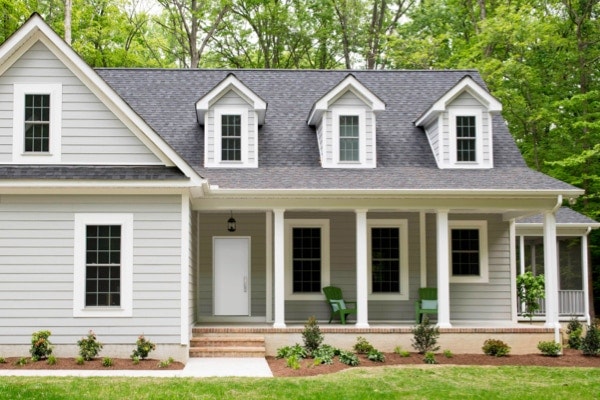
Cons of Building a New Home
Our brains don’t deal well with uncertainty. And with custom home building, there’s uncertainty at every turn until the house is finished. That can make the building process more taxing and stressful than house hunting, where it’s clear up front what you’re getting. You also have to consider the other downsides of home building:
- Unexpected costs – While you start with a budget and a general idea of what you want, the cost isn’t actually finalized until the project is completed. The cost of lumber or the flooring you love could go up before you lock in a price. Issues during the construction process can crop up and add costs as well.
- No room for negotiation – As a homebuyer, you have a lot of leverage. But when you’re building, you’re buying someone’s services at the value they place on them. While you can shop around for subcontractors or lower-cost materials, you can’t negotiate as easily. For many things, you’re already getting wholesale prices from a builder’s bulk purchases, which is likely cheaper than you can find or negotiate on your own.
- Extended timeline and delays – It takes an average of seven months from start to finish to build a new home.1 Many home construction projects have to be completed in a certain order. If one thing goes wrong, it can have a domino effect and delay your move-in date or impact the cost of your custom home.
Choosing the Best Home Investment
Whether you’re building or buying, there are sure to be ups and downs along the way. And there are still other important things to consider that have nothing to do with the house itself.
Location is a big one. You can buy a home in any neighborhood, but new constructions are limited by local zoning codes and available land. A whole new housing development rarely pops up in the middle of the city. You have to think about where you want to live, where your kids will go to school and how close you’ll be to work, recreation, entertainment and amenities.
The biggest factor for most house hunters is cost, which is dependent on a variety of other factors — location among them. Both the cost of building a house and the cost of buying a home vary between cities and even neighborhoods. With custom builds, the current cost of windows, lumber, flooring, finishes and more all affect the total cost of building a new home.
To figure out whether it’s cheaper to buy or build a house in your city, you can look to these resources:
- HomeAdvisor estimates the average cost of building a home in the U.S. is $302,190. You can estimate costs near you for the type of home you’d like with their calculator.
- The National Association of Realtors lists the median price of existing homes at $313,000 (as of February 2021). Since the U.S. housing market fluctuates, they put together reports monthly. Average sale prices by region are reported annually, so you can see more relevant prices for the style of home you want in your area.
On averages alone, the cost of building vs. buying a new home is quite comparable. Your big decision will likely come down to all the other considerations, so weigh them wisely to make the best home investment you can.
1U.S. Census Bureau, Average Length of Time from Start to Completion of New Privately Owned Residential Buildings
Schedule a free consultation to find windows and doors for your home.
